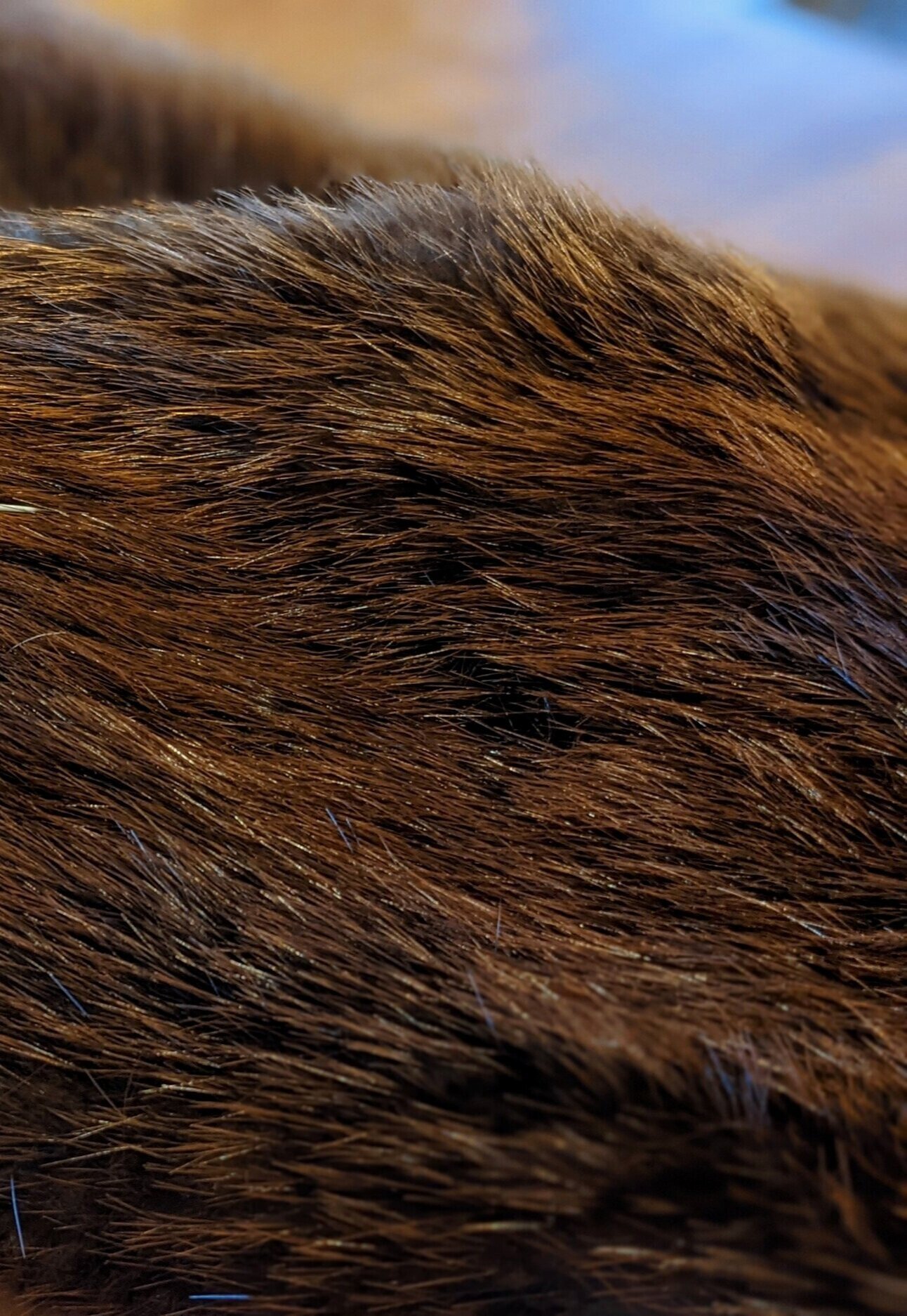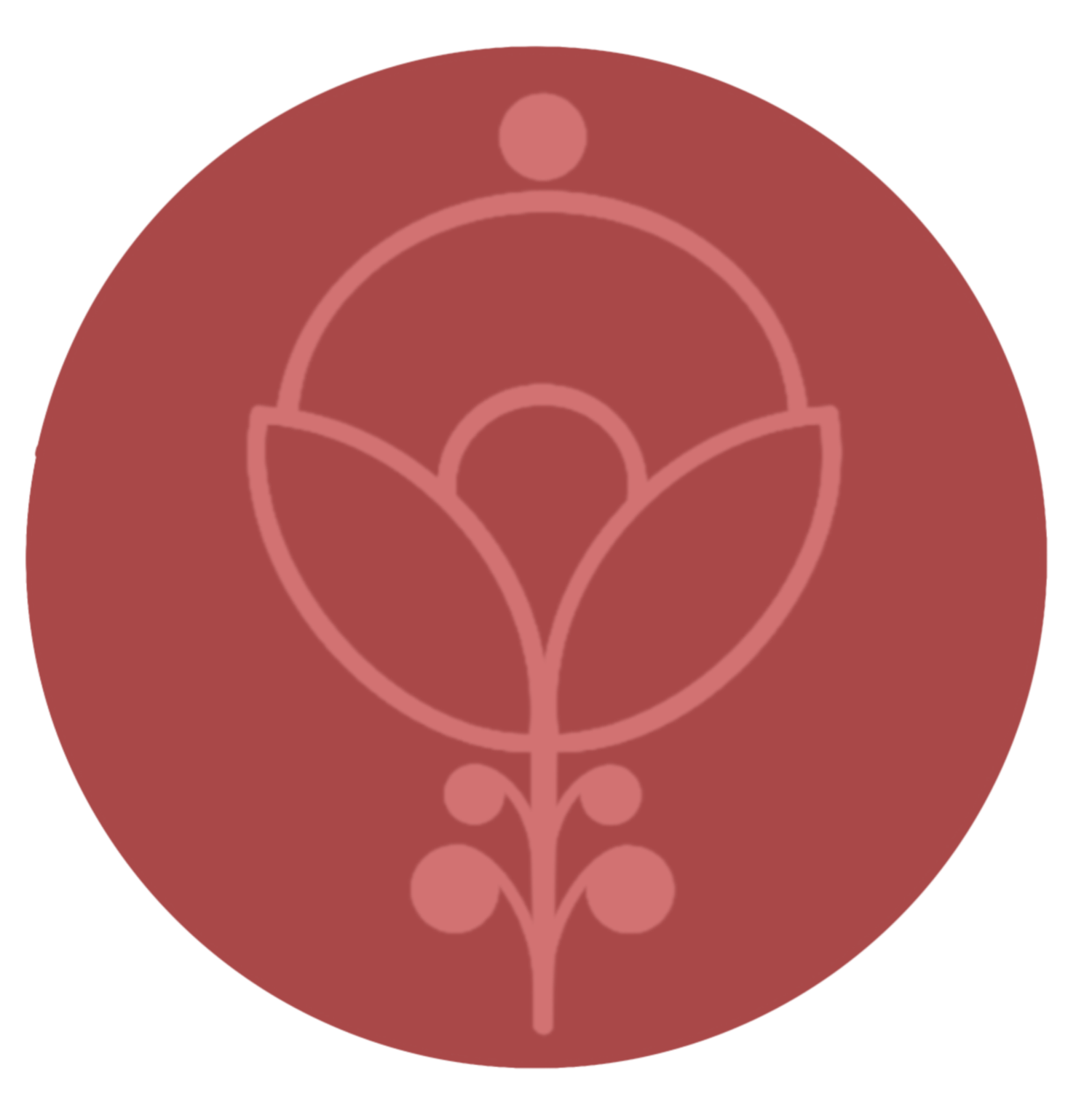
Resources and Indigenous Food Sovereignty
I receive many questions regarding where I source the materials for my work for Indigenous Nouveau and By The Thorne.
I'd really love to take this opportunity to share my values, process and my personal connection to the pieces that I make and send out into the world.
All the materials, claws, teeth, quills, bones, fur and leather that I use in my work are ethically, locally and sustainably sourced and support Indigenous Food Sovereignty. But what does that mean?
“Food sovereignty is the right of peoples to healthy and culturally appropriate food produced through ecologically sound and sustainable methods, and their right to define their own food and agriculture systems.” - US Food Sovereignty Alliance
There is plenty of controversy surrounding using animal materials in art but I would like to share my perspective from my heritage and the culture that I grew up in. For me, as a Métis craftsperson, I have the privilege of having access to many ethical sources of animal products. The claws and teeth that I use in my work are 100% First Nations, Inuit and Métis sourced from people who rely on this industry for their livelihoods and to support their families. The majority of these animals are hunted for food and no part of the animal is wasted. By using the teeth and claws in my jewelry, which are otherwise of little value, we help to sustain a traditional industry.
My porcupine quills are harvested by hand, from live and roadkilled porcupines. As is traditional, one goes out into the forest and finds themselves a porcupine, gently tossing a Hudson’s Bay Blanket over the animal and lightly tossing it to encourage the release of quills. The slightly annoyed porcupine is then released with no harm done to him other than his dignity. The quills are then plucked through the blanket to be sorted and cleaned.
All my quills are then hand-dyed by me, with both commercial and natural foraged dyes from fruits, berries, mushrooms, roots and bark.
My furs are all trapped and hunted by Métis and First Nations hunters and trappers with the utmost respect and acknowledgement for their environments. These leathers and skins are then all prepared either at a tannery or by hand, employing other Indigenous Labourers along the line of production. I do my best to ensure that I am supporting companies that make an effort to support and employ Indigenous and First Nations.
All of the animals are harvested from healthy, thriving populations often in a conservation effort to protect other threatened species. Each piece I have on my website will tell the individual story of the actual animal that contributed to making your unique piece, whether it's an actual claw or a casting, fur or quill. I believe that it's important for you to be part of its story, because connection and understanding is central to sustainability. All of the hunters that I source my materials from are paid well for the pieces, and I only charge for the silver, stones and labour involved in preparing the materials and the work itself. I do not sell animal products.
(Some of the claws and teeth I use are from roadkill animals and I do provide that option if people would like to have an artifact from an animal that was not killed for food or conservation.)
Helping to educate about traditional harvesting, hunting and gathering is a main focus of my work. It is important that we keep these traditions alive especially in our rural communities now more than ever. When we talk about food sovereignty we are talking about indigenous peoples retaining their rights. We are talking about them regaining their independence and we are talking about providing healthy genetically accurate diets for a population who has been subjected to all forms of colonization, including food. The absolute healthiest diet for the average indigenous person is one that comes from the land they are from and by supporting sustainable and ethical hunting we encourage healthy choices and food education. By engaging in traditional practices like hunting and fishing, their culture and traditions are preserved and by protecting these hunting and gathering rights, we let them know that we respect them and their heritage.
We all need to hear these Indigenous perspectives, as part of the greater sustainability dialogue surrounding land stewardship and conservation. Indigenous peoples and hunters in particular have spent millennia in balance and respect of nature based in coexistence and understanding. These things are lacking in the conversation. Uneducated, politically driven hunting and gathering policies damage and endanger traditional ways of life for many Indigenous communities, and so, their involvement is essential.
I understand that many are uncomfortable with the use of animal products but I hope that with explanation and education, people can come to understand how inseparable they are to indigenous culture and the people who rely on traditional industry, and how we as a culture rely on Indigenous people and their wisdom to make decisions on environmental policy.
If you would like more information on indigenous food sovereignty, sustainable hunting practices, and how indigenous ways of life and traditional hunting and gathering are helping in the global climate change effort, I have compiled a list of really great resources online to help to give an understanding of these subjects.
(There is also an email form on the bottom of this page for comments and contributions to the list. Thank you!)
https:www.indigenousfoodsystems.org/ - Amazing general and specific resource on food systems and Indigenous food sovereignty
Why Indigenous hunting is Essential to forest sustainability - Eco Watch
Indigenous hunters are protecting animals, land and waterways - The Narwhal
“We are caretakers of the land”: Blueberry harvest about more than income - NB Media Co-op
“Voices from the Barrens, Native People, Blueberries and Sovereignty,” documents the wild blueberry harvest of the Wabanaki People from the USA and Canada.
Indigenous Tourism BC - Eateries, restaurants and Indigenous Chefs
Continue the Conversation! I would love to hear from you.




